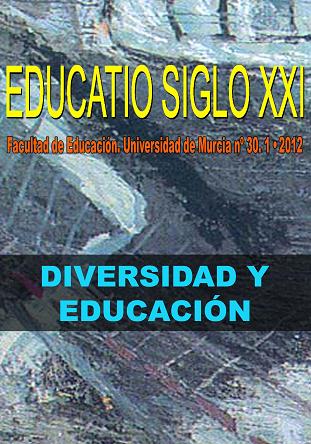Teacher intercultural education: Strategies for a research-action process
Abstract
Interculturalism, for teachers, is a challenge in order to address cultural diversity in the Society of Information. This approach involves a process of social and cultural transformation, based on dialogic learning, focusing on the pursuit of intercultural dialogue which shows school as a space for democratic participation and teachers as critical citizens and committed researchers. Based on these principles, the teachers training proposal presented is developed at several schools in the Comunidad Valenciana. This is a process of participatory action research, using the “Guide for inclusive and intercultural school” as a reflection and self-assessment tool into three dimensions: how we are, how we organize ourselves and how we learn and teach. These three dimensions are explored and used in training process through a series of strategies for group cohesion, explicit values and expectations, self-assessment, democratic decision-making and inclusive classroom practices. The first experiences carried out allow us to draw conclusions about the key success factors of this training process and the need that the transformation of each school and community has made among all in an intercultural and inclusive approach.Downloads
-
Abstract1818
-
PDF (Español (España))2602
Original work publishes in this journal is subject to the following terms:
1. Murcia University Press (the publishing house) holds the copyright of the publishes work, and favours and allows their reutilization under the use license stated in point 2.
© Servicio de Publicaciones, Universidad de Murcia, 2015
2. Work is published in the electronic edition under a license (Creative Commons Reconocimiento-NoComercial-SinObraDerivada 4.0 España (legal text). They can be copied, used, disseminated, transmitted and publicly presented, as long as: i) authorship and original publication source is acknowledged (journal, publishing house and URL of the work); ii) are not used for commercial purposes; iii) the existence and specifications of this use license is stated.
3. Conditions for self-archive. Authors are allowed and encouraged to disseminate electronically the pre-pint (before review) and/or post-print (accepted for publication) versions of their work before their publication since that favours earlier circulation and dissemination resulting in an increased chance for the authors to be cited and for the work to reach a bigger share of the academic community. Colour: RoMEO: green.








